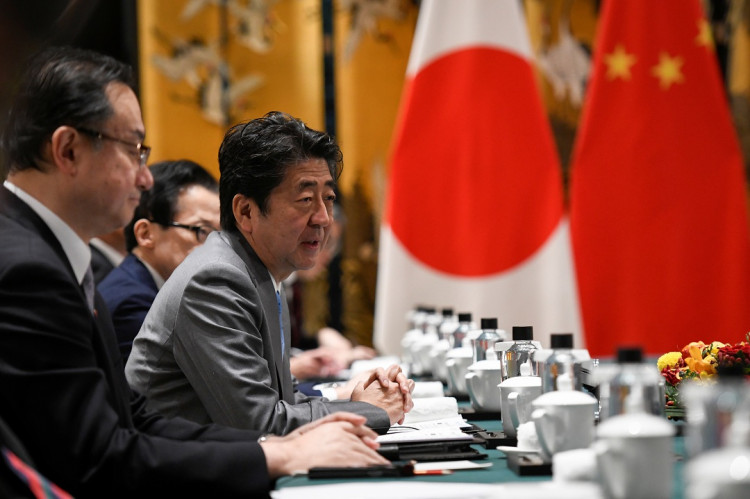Japan is reportedly attempting to bolster the use of locally-made components and high-tech equipment through a proposed new law that would provide incentives for companies who choose to buy domestic products. The law is one of the ways the country is trying to fend off the influx of Chinese-made products into its various industries.
According to local media reports, which did not cite their sources for their information, the Japanese government is looking into introducing a new bill during its ordinary Diet session. The proposed bill, if approved, will reportedly take effect during the summer.
A local newspaper called Yomiuri claims that the incentives will initially be provided for companies that use domestically-sourced surveillance drones and 5G mobile network equipment. The report added that interested companies will need to apply for tax subsidies or government aid before the installation of locally-purchased high-tech equipment.
The provision and amount of the subsidies will reportedly be based on several factors, including the application's supply, stability, compatibility, and safety. It is not yet clear if the government will eventually include other high-tech components and products, such as those used in computer systems and data centers.
The proposed law did not sit well with China. Officials have mentioned that the planned hurdles towards its products could damage ties between both nations. The move will likely also be a topic of contention between Prime Minister Shinzo Abe and President Xi Jinping. The Chinese president is scheduled to visit Japan in the spring of this year.
Japan has yet to formally reveal its official decision over the United States' call to ban Chinese-made equipment from being used in its 5G network development. Officials had mentioned that they will exclude any equipment that found to pose security risks. However, the officials did not mention any specific company in their statements.
Japan is currently the United States' sole military ally in the region. The alliance has placed a lot of pressure on Abe's administration to heed the US' call to ban Chinese firms such as Huawei Technologies. Up to this day, the US has continued its campaign against the Chinese tech giant, accusing it of being used by the Chinese government to spy on other countries. Huawei has repeatedly denied the US' accusations.
Given the current situation, Abe will have to tread carefully in his decision to approve the proposed law as it could derail his plans to restore relations between the two largest economies in Asia.






